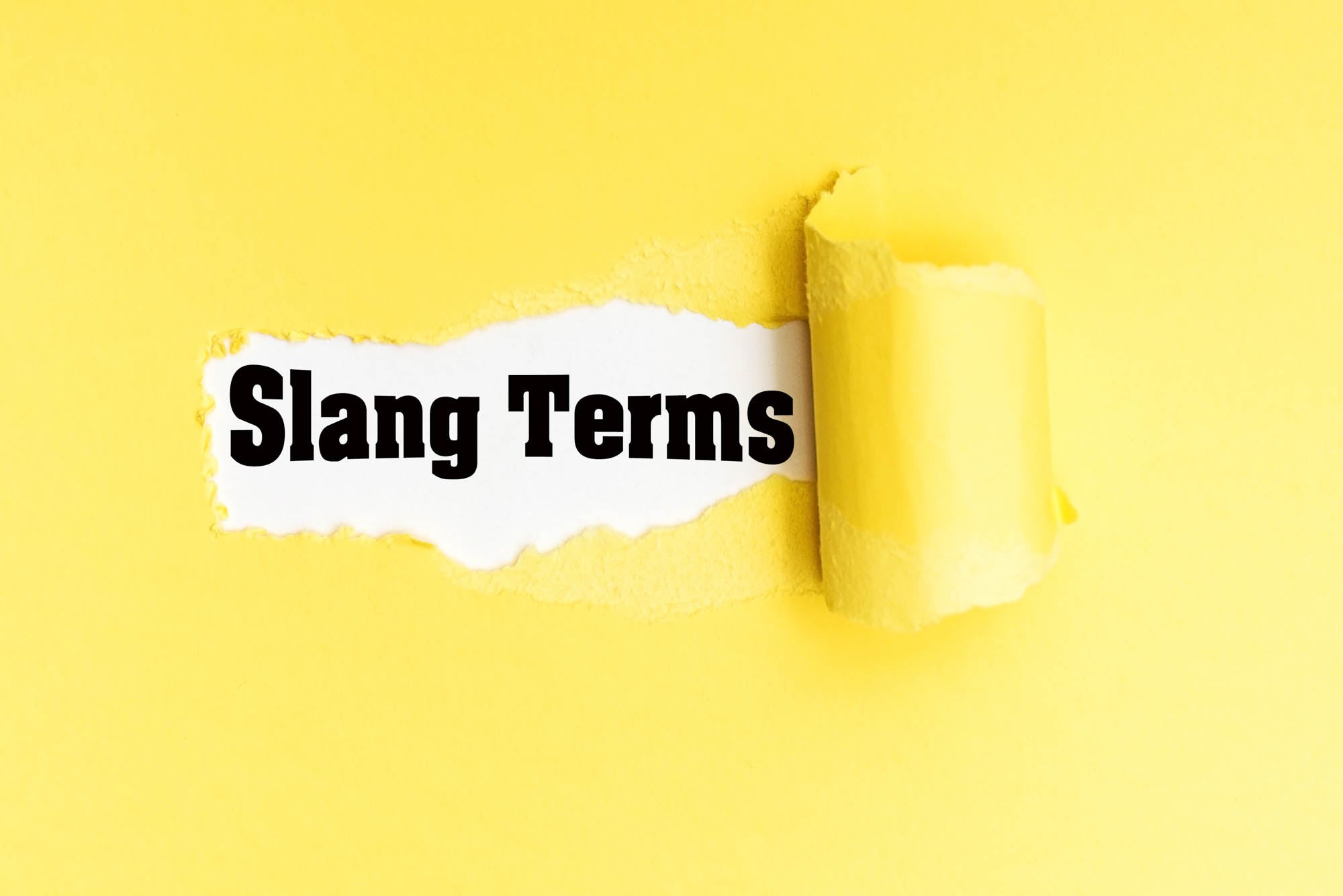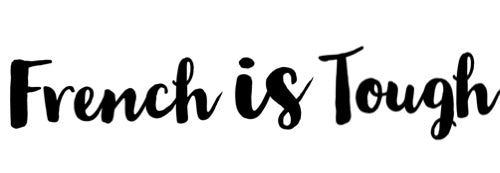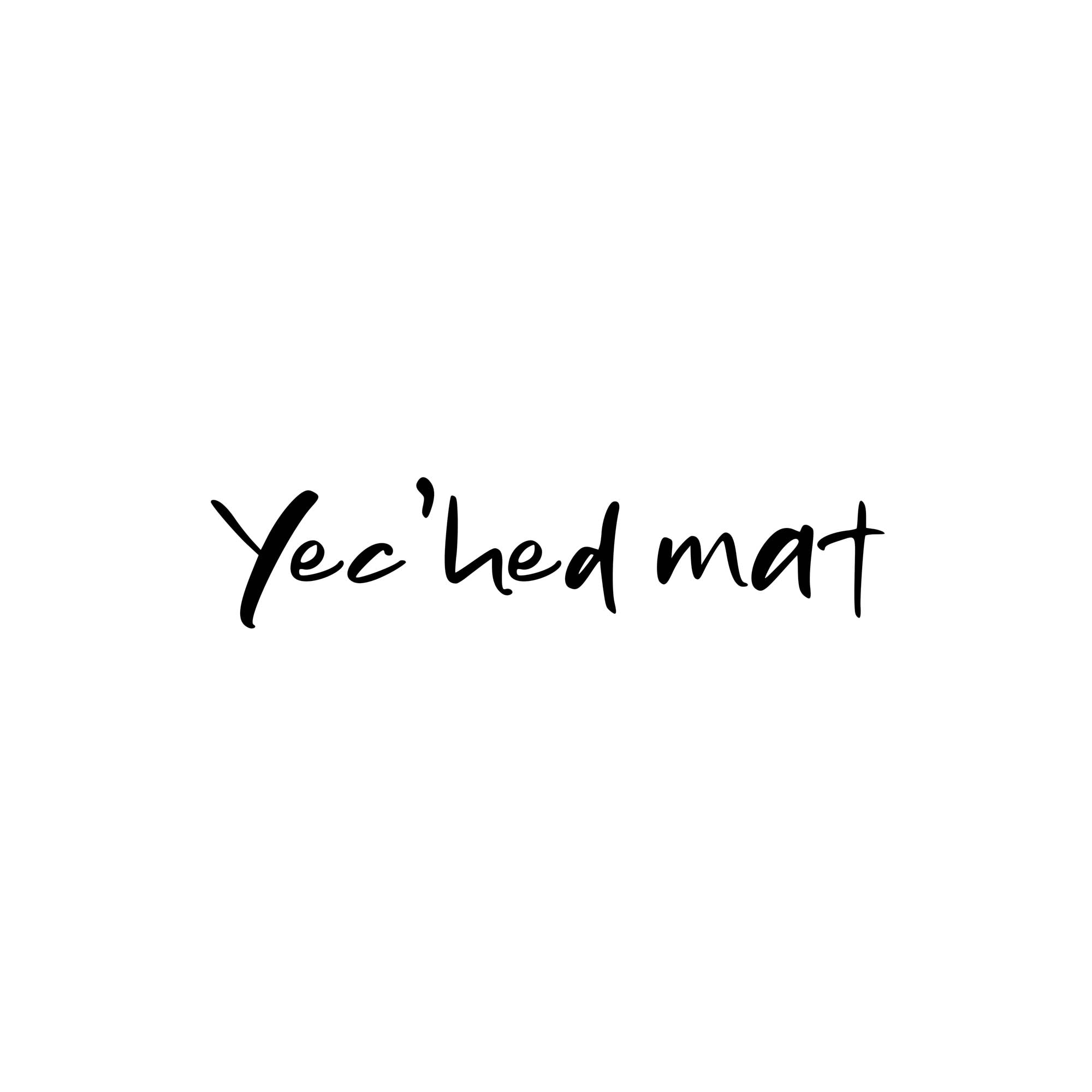The origins of slang

Slang is an informal and unconventional language used by specific groups of people to communicate with each other. It is often associated with fringe groups or subcultures, but it can also be used by people from all walks of life. But where does slang come from and how has it evolved over time?
In this article, we will explore the origins of slang and its evolution in the French language.
The origins of the term "slang"
The term "slang" as we know it today has uncertain origins and dates back to the 15th century . At the time, it referred to a "community of Gueux," a population of beggars and thieves. For decades, it was associated with the vocabulary of individuals considered "low" or "disreputable."
Over time, although it lost its exclusivity with these groups, it remained a language below the formal.
French slang
French slang is a mixture of various languages and dialects , such as Latin, Greek, Italian, Arabic, and Yiddish. In the 19th century, it was mainly used by criminals and marginal people to protect themselves from authorities and to communicate with each other.
However, over time, slang evolved and spread into the French language, becoming a way for young people and artists to express themselves and stand out from society.
Slang in the French language
Slang has become an integral part of the French language , with many slang terms being used commonly in spoken and written language, such as the expression " ça passe crème ". Some slang terms have even entered the French dictionary, such as "bouquin" for a book or "flouze" for money.
Slang is also present in French popular culture , with songs, films, and television shows often using slang terms to add realism and authenticity to their stories.
The evolution of slang
Slang is often ephemeral; what was once new and exciting quickly becomes outdated. However, some old terms become part of the standard language, losing their quirky edge .
For example, the French now use terms like "bagnole" for car or "pieu" for bed. Slang also spread to the Internet about 20 years ago, simplifying writing with acronyms and abbreviations .
And today?
Today, slang is still used by different groups of people to communicate with each other, but it has also become a way for young people to stand out and create their own language. However, slang is also often used in a humorous or ironic context, with people using slang terms to add spice to their speech.



